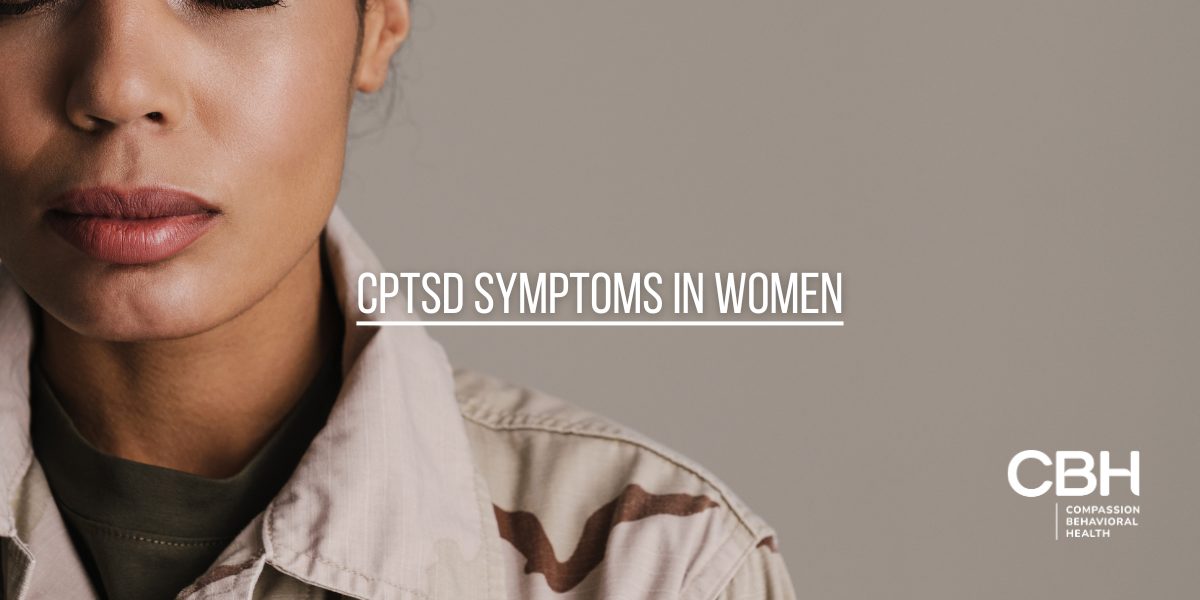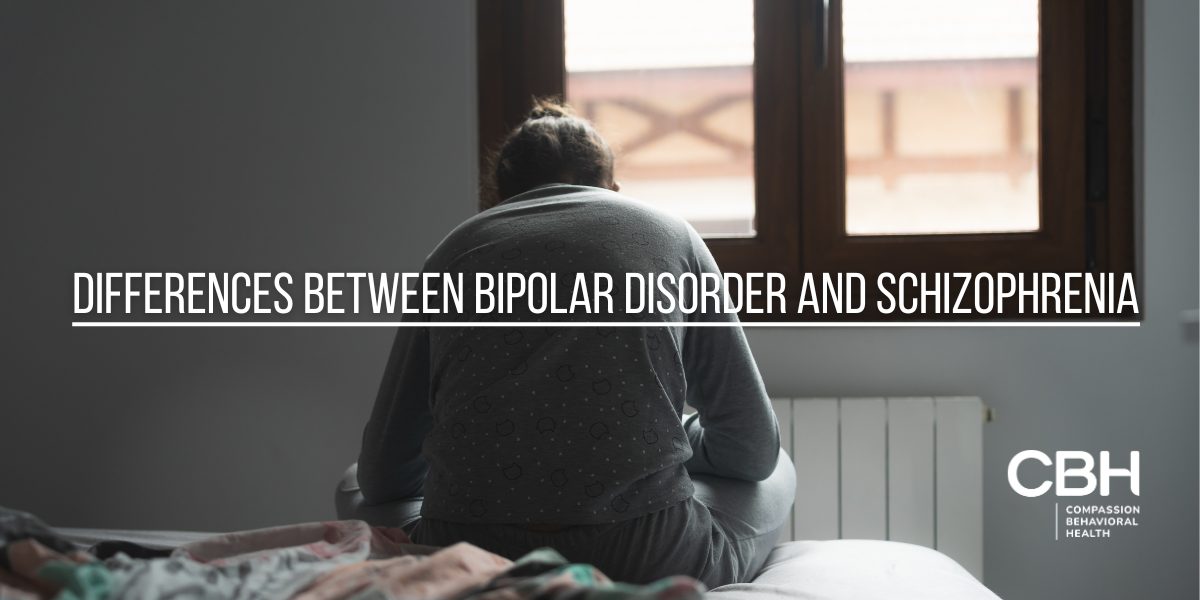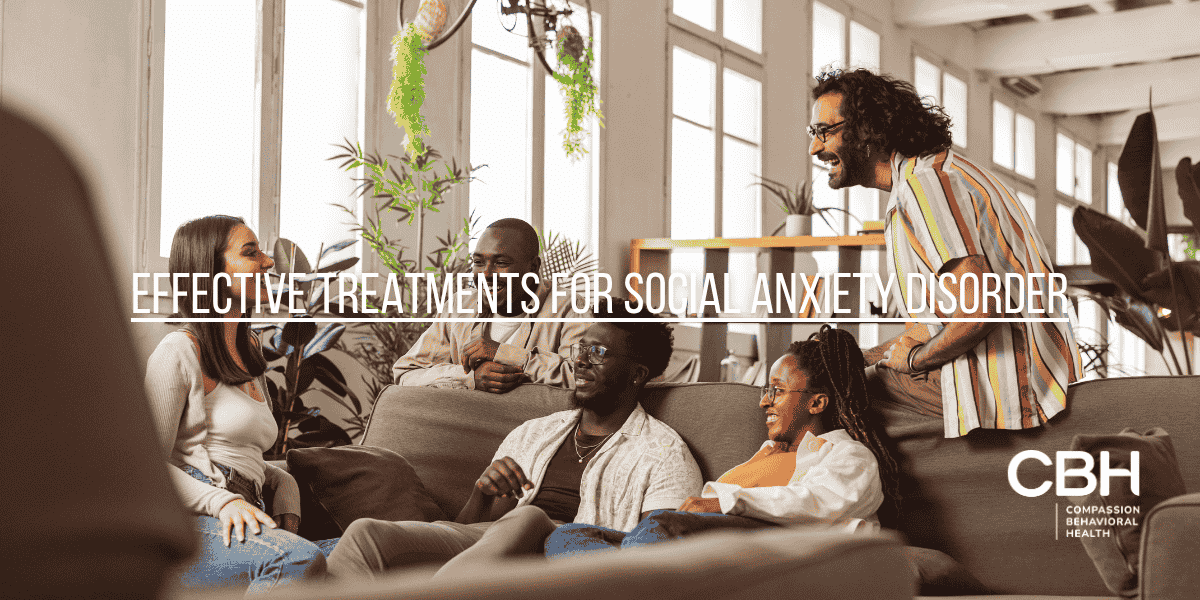Do you ever feel like something is just not quite right? That you can’t put your finger on it, but there’s something that’s been holding you back from being your true self or achieving a feeling of peace and happiness?
It’s not always easy to identify trauma. Many people may be living with the aftereffects of trauma and not even realize it. These experiences can leave a lasting impact on someone’s life if unaddressed.
If you are wondering if you could be living with the weight of past trauma in the present, there may be some ways to identify this. For resources on receiving help for past trauma, please call us today at (844) 999-0874 or reach out online.
What Causes Trauma?
Trauma can manifest in different forms. It can be the result of a single event, such as a car accident or a natural disaster. It can also come from ongoing experiences, like being raised in a household where you are exposed to abuse, neglect, addiction, or other harmful situations.
It’s important to remember that not everyone experiences trauma in the same way. What may be a traumatic experience for one person, may not have the same effect on another.
Everyone has their own level of resiliency when navigating the aftermath of a traumatic experience. For example, one person may survive an assault and be able to continue their life in relative normalcy after. Someone else may experience the same trauma and have their life completely upended and require more intensive psychotherapy to develop the coping skills necessary to progress forward.
There is no wrong or right way to react to a traumatic event. How you respond depends on many factors, including your past experiences, support system, and brain chemistry.
What are the Symptoms of Trauma?
No two people experience trauma symptoms the same way. They can manifest as a single symptom or a collection of a few.
Trauma is often associated with feelings of fear, helplessness, or horror. If you experienced or witnessed something that left you feeling this way, it’s possible you are living with trauma.
Long-term untreated trauma can develop into post-traumatic stress disorder (PTSD). PTSD is a condition that can occur when someone experiences or witnesses a life-threatening event, like war, abuse, or a natural disaster.
PTSD can cause a person to feel like they are in danger even when they are not and may lead them to avoid or distrust people or places that remind them of the trauma. Other symptoms may include:
- Frequent flashbacks
- Nightmares or difficulty sleeping
- Struggles with concentrating or focusing
- Unexplained feelings of irritability or anger
- Being easily startled
- Feeling tense or on edge without a discernable reason
Many individuals may be unable to recall certain memories from their childhood around the time a traumatic experience occurred. To protect itself, the brain may block out certain memories as a survival tactic to help prevent an individual from reliving the trauma. However, this does not erase the aftermath that someone may still be living with.
Receiving Treatment for PTSD
If you are experiencing any of the symptoms mentioned above, it’s essential to seek out professional help. A therapist can provide you with the necessary skills and support to heal from your trauma. Medication prescribed by a psychiatrist may also help manage PTSD symptoms and support the other forms of treatment you receive.
The first step is to reach out to a licensed therapist. During your first session, your therapist will ask you questions about your current symptoms, past experiences, and how they could be interfering with your life today. After this, they will outline a treatment plan that may include multiple types of therapy to assist you in your journey to recovery.
One of the most common treatments used in trauma therapy is cognitive-behavioral therapy (CBT). CBT can help you understand how your thoughts and beliefs around the trauma are affecting you. It can also provide you with skills to manage intrusive memories, nightmares, and anxiety while setting new positive goals, developing healthy coping skills, and transforming your thought and behavior patterns.
Group therapy is another excellent option for people struggling with trauma. It can provide a sense of community and allow you to share your experiences with others who may have lived through something similar.
Lastly, eye-movement desensitization and reprocessing (EMDR) is another innovative treatment that is used for many living with symptoms of PTSD. EMDR is a type of therapy that uses bilateral stimulation, eye movements, or auditory signals to process and release traumatic memories. It is commonly used to help treat military veterans living with PTSD following their service.
Get Help for Trauma Today
At Compassion Behavioral Health, we provide a variety of trauma-informed mental health services for people across the United States from our treatment center in beautiful South Florida. If you are ready to start your journey to recovering from trauma or need more information, call us at (844) 999-0874 or reach out online.



